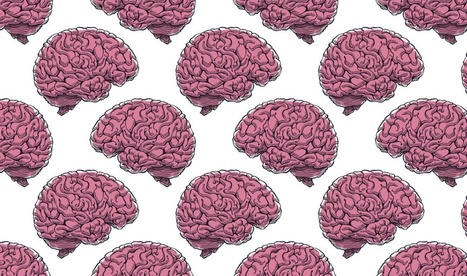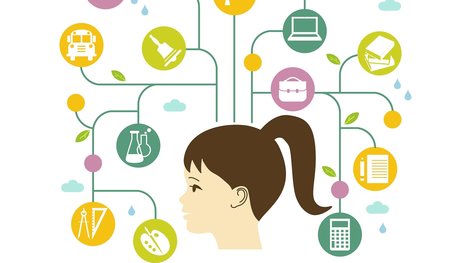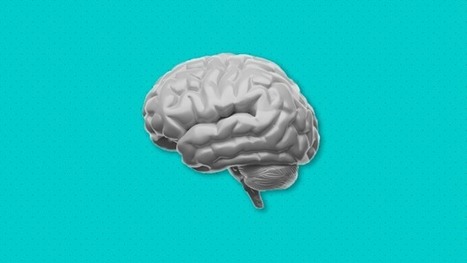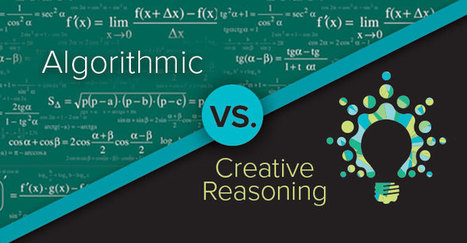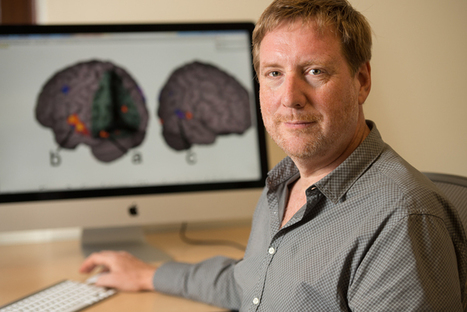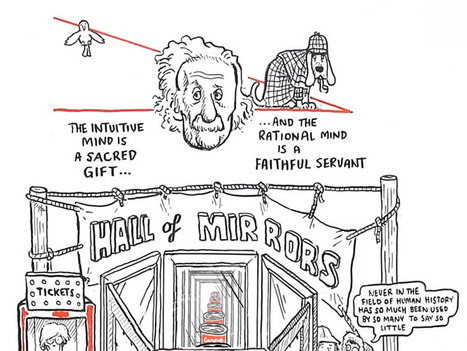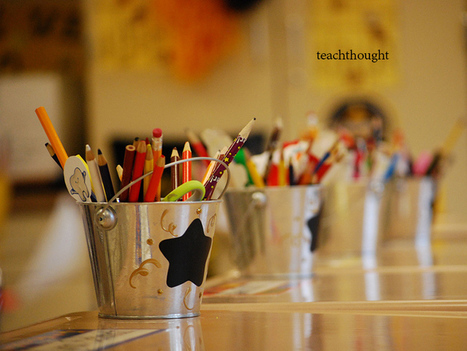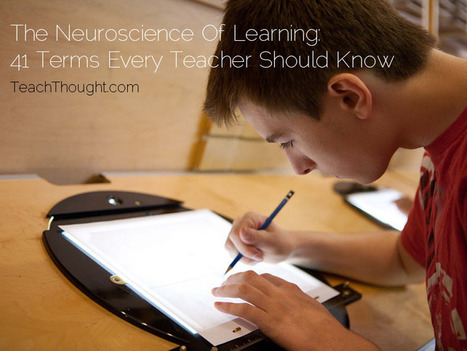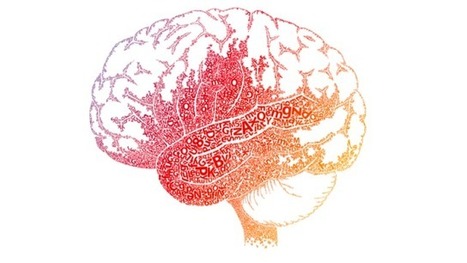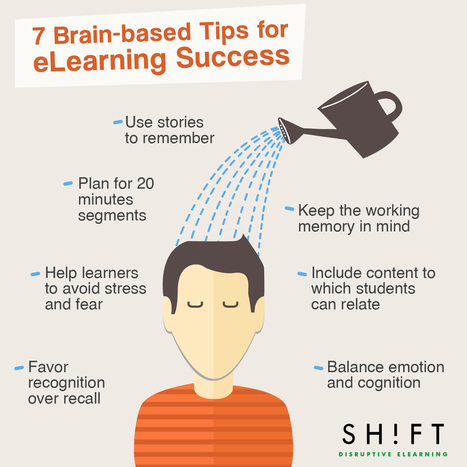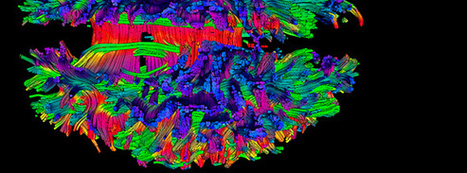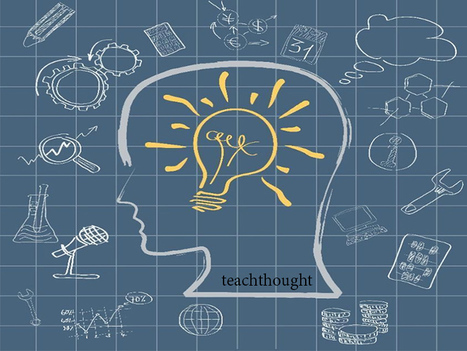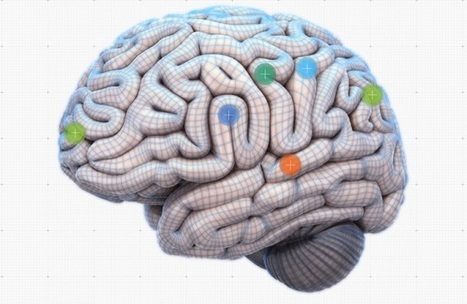But Oakley is a self-described “former math flunky” who “retooled” her brain — and who has since made it her life’s work to help others learn how to learn by explaining some key principles from modern neuroscience.
When students do not understand how their brains learn and retain material, they can develop misconceptions about themselves as learners — such as a faulty assumption that they are bad at a subject or that they suffer from performance anxiety. Oakley shares the common experience of students who reread their notes and think they know the material — only to enter a test and find that they cannot retrieve the information. “They are horrified and think they must have test anxiety.” More likely, says Oakley, they simply haven’t been taught how to study in a way that allows them to retrieve the information.



 Your new post is loading...
Your new post is loading...

